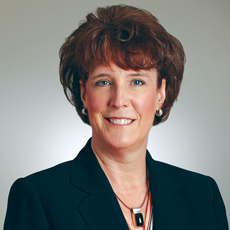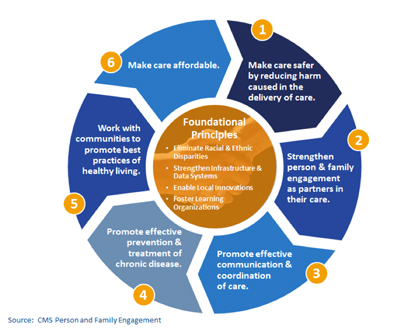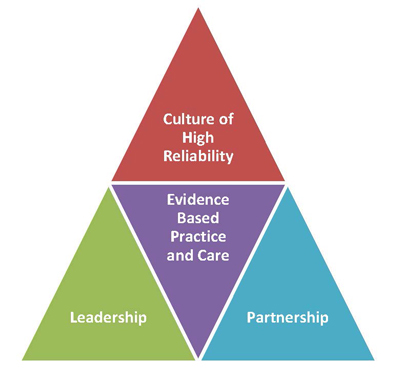
EDITOR’S NOTE: This is the second in a series on alignment to achieve quality outcomes: Understanding CMS quality strategy goals.
The first article in this series examined CMS Strategic Goal 3: Person and Family Engagement as Partners in Care. The Centers for Medicare & Medicaid Services has clearly stated a pathway for change including health literacy, true partnerships and moving the focus of care into a self-management model.
Looking again to the CMS Quality Strategy Goals
Better Care. Healthier People. Healthier Communities. Smarter Spending

The following identifies the objectives for two of the six strategic goals. While at first glance they may seem to be separate goals, they are not. Look carefully at the design of transformation being called for by CMS of the healthcare delivery system.

The body of work that CMS is asking the health delivery system for can feel staggering, but there are points of intersection that can be used as a beacon to guide this transformational work.

The key actions for these intersections are as follows:
1. Investing in leadership development to assure leaders understand how to use evidence to advance care and improve quality.
2. Work to apply safety practices that involve all team members, individuals and families to assure that individual voices are heard. Become preoccupied with failures as the opportunity to learn and advance performance.
3. Continually work to assure that consumers have increased access to understandable health information.
4. Develop relationships and partnerships within the network of health providers across the continuum to assure integration and coordination. Focus work on transitions and discharges, including person-centered discharge tools to be used across care settings.
5. Evidence-based best practices are embedded in the routine practice of care, including the individual’s ability to self-manage their health.
Look again at the intersections. The white lines that hold them together is culture. Culture is what is said and done on a daily basis. Do you have cultural strength in all areas needed for transformation? Do some of the walls need shoring up?
Martie Moore, RN, MAOM, CPHQ, is the chief nursing officer at Medline Industries Inc. and a corporate advisory council member for the National Pressure Ulcer Advisory Panel.





